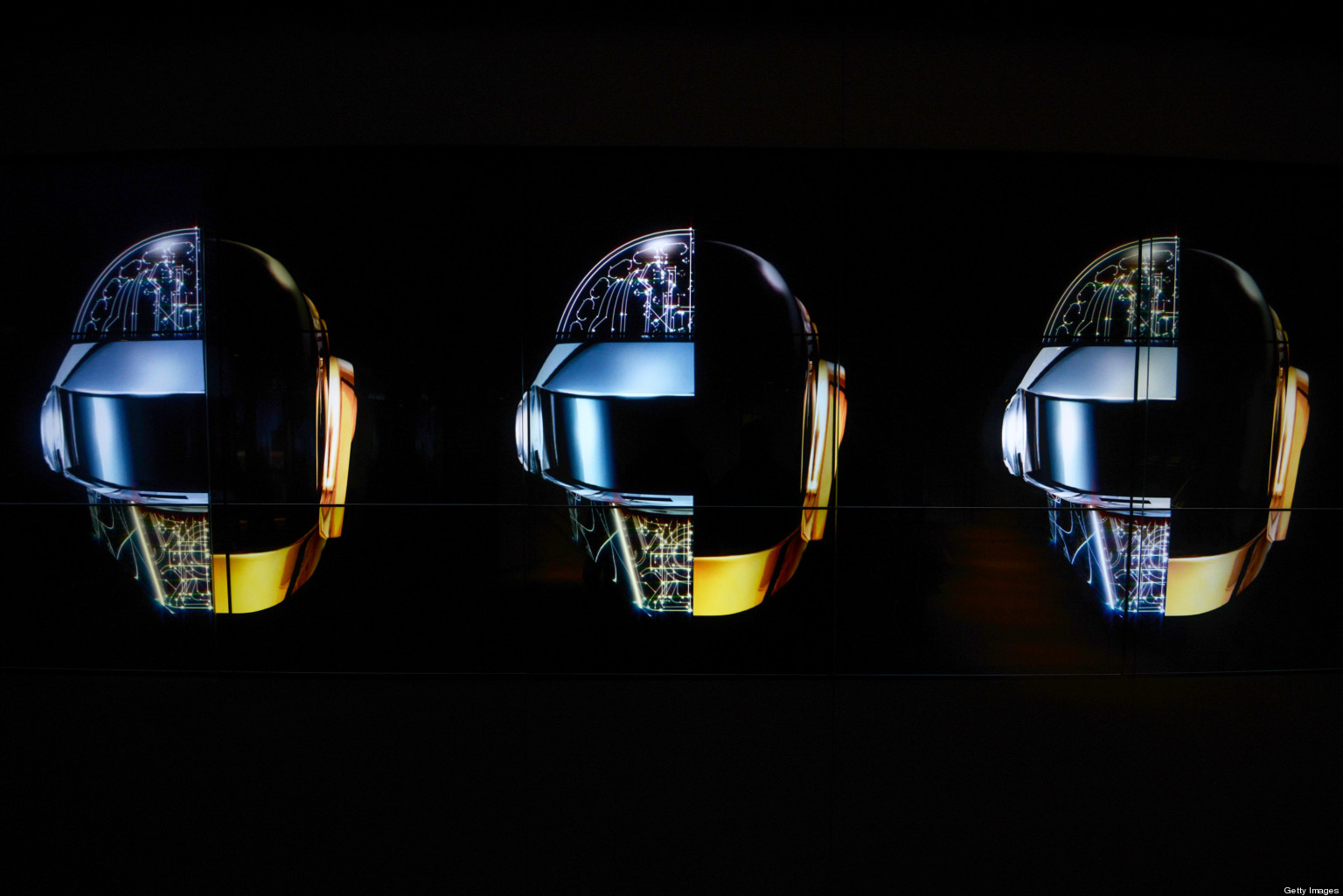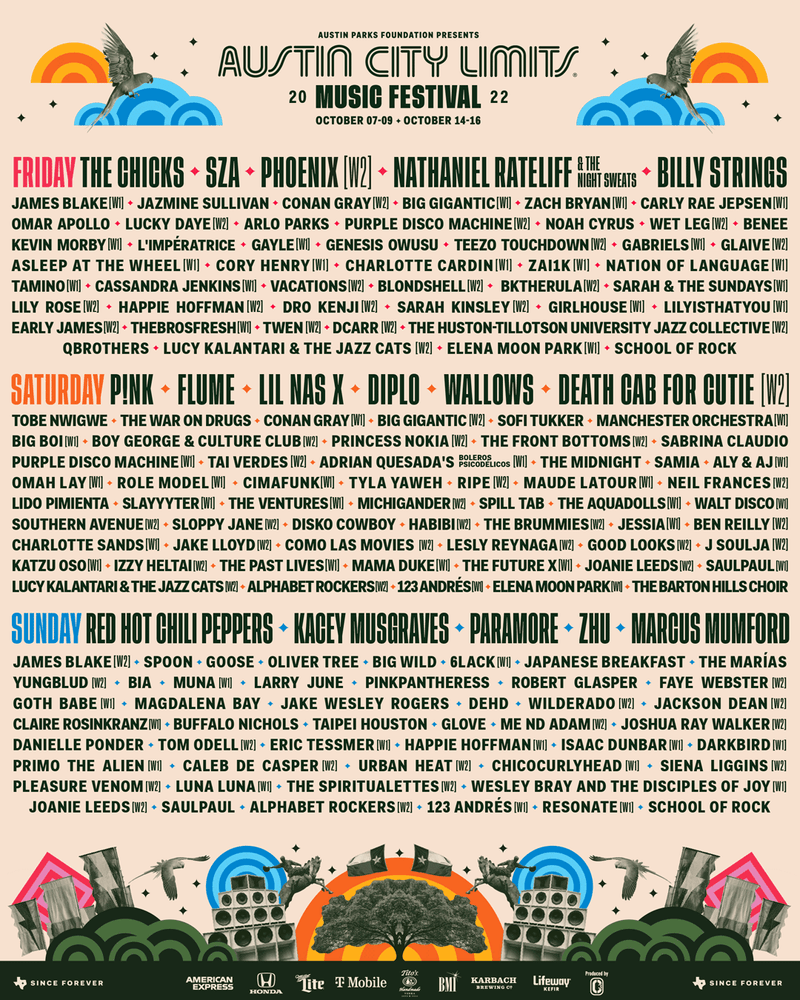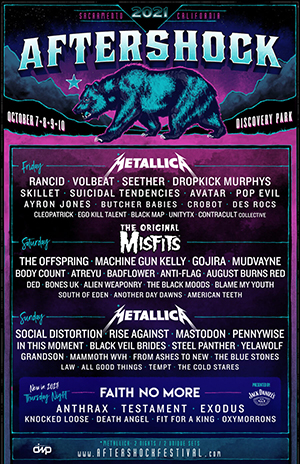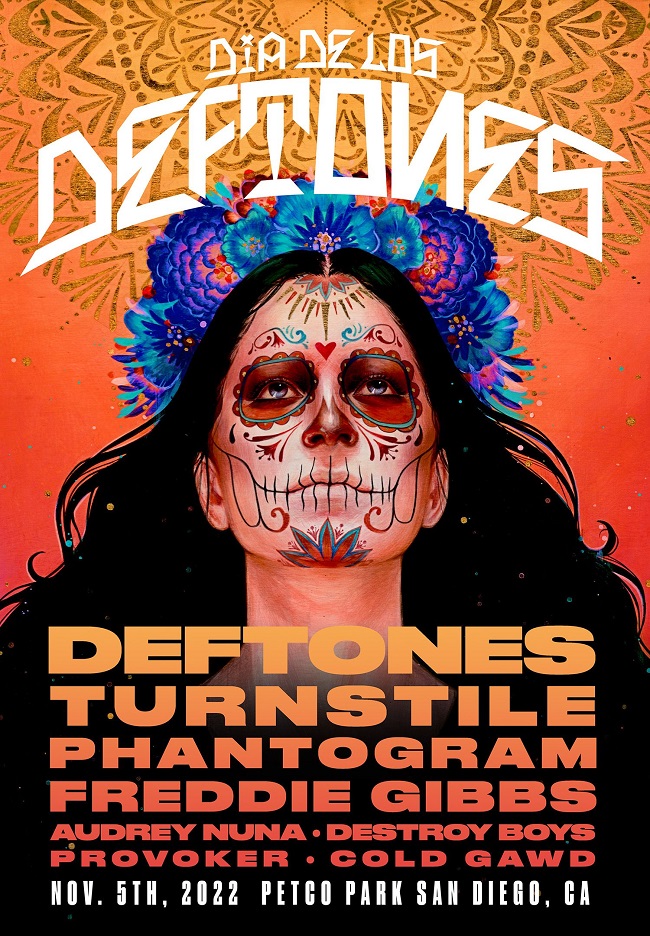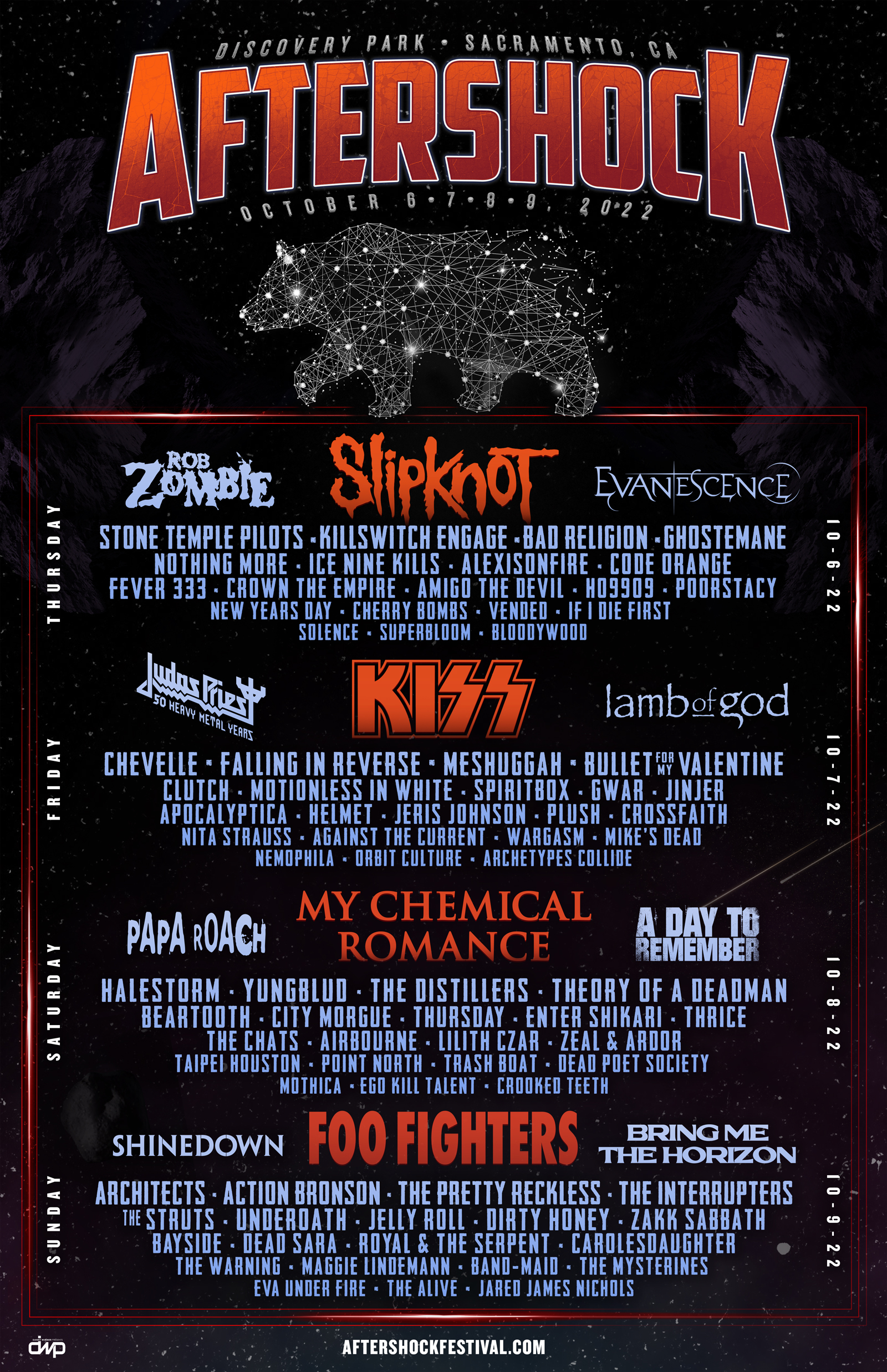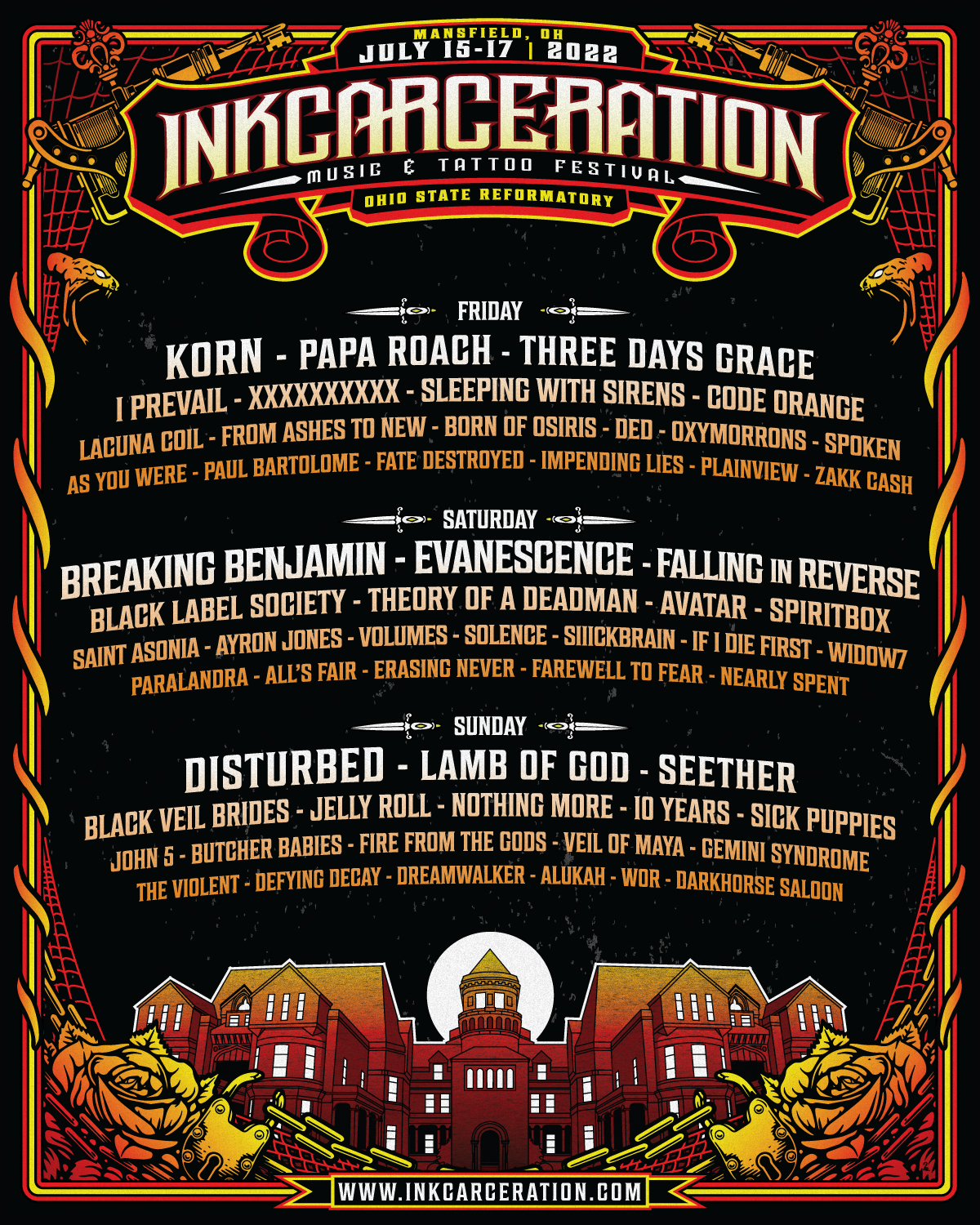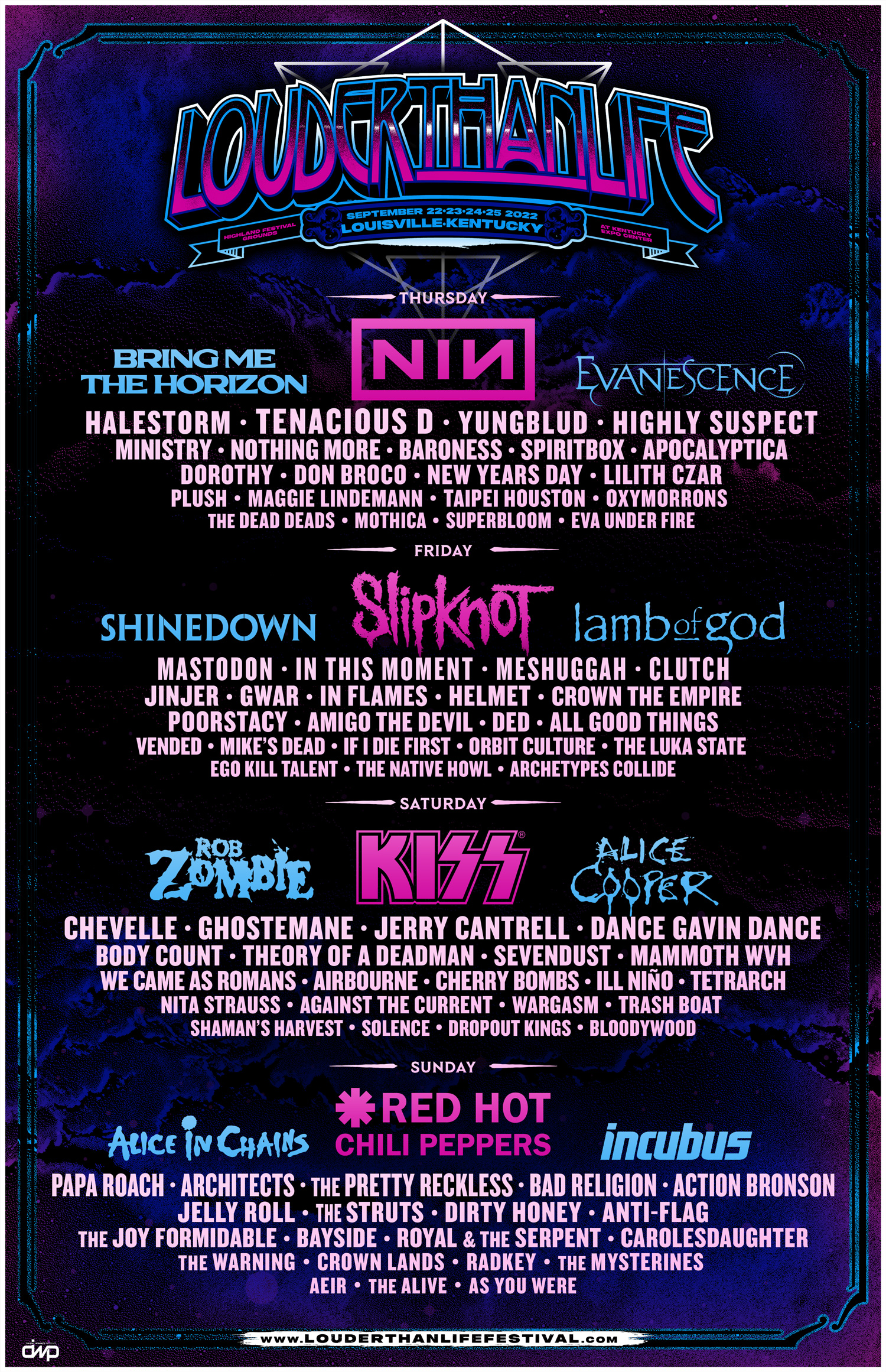– By Austin Reed –
RATING: “PUSH PLAY”
Critics and loyalists alike have been quick to deliver very polarizing reviews on French-based electro-funk forefathers Daft Punk’s latest LP, Random Access Memories. And it seems like a 50/50 split, either receiving venerated praise for igniting the revival of live-action dance music or bombastic condemnation for copping out on the more recognized and widely appreciated laptop-through-my-dad’s-amplifier approach. Neither argument is more valid than the other, but amid the haze of debate, one piece of the puzzle no doubt dissolves the party line: Random Access Memories is a necessary brand of genius that both combats the repetition and pushes the genre, against its will, forward.
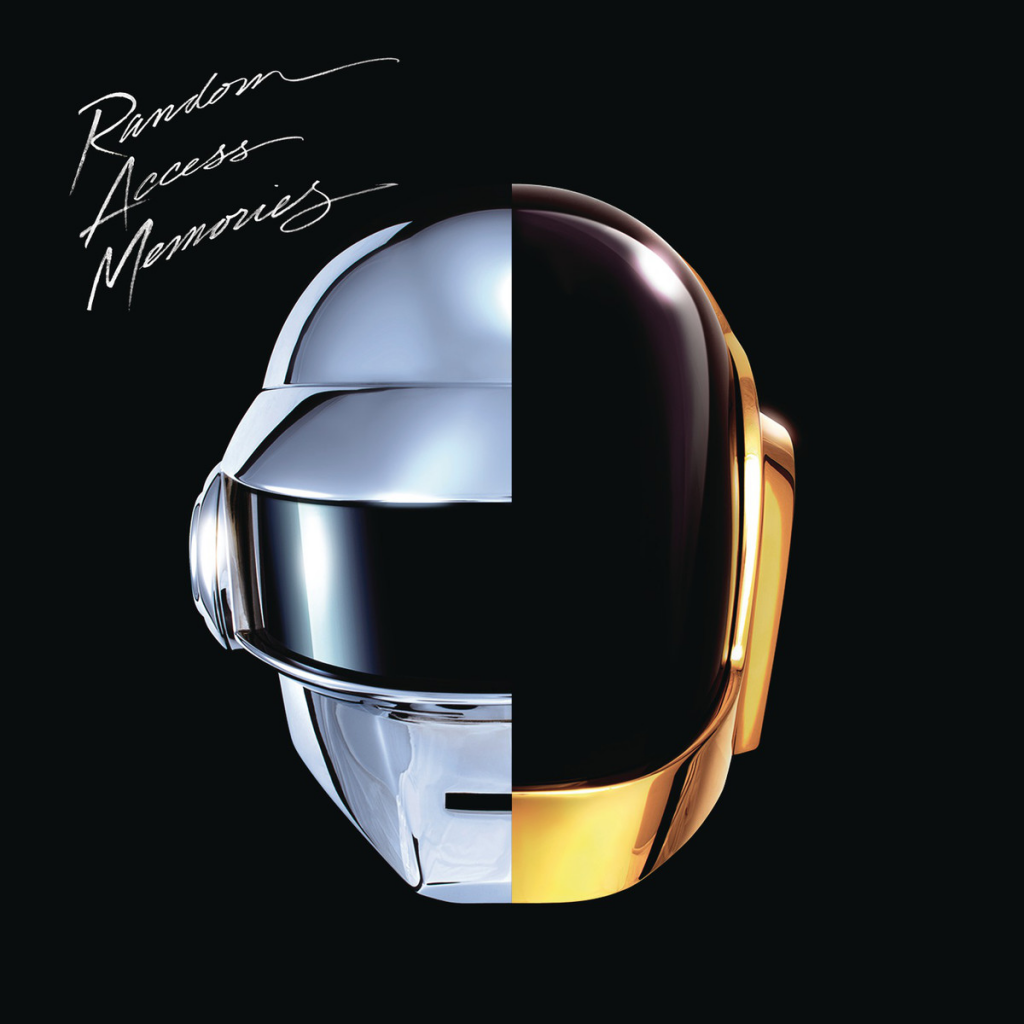
And that’s the way it’s always been with Daft Punk. Celebrity has never come easy, but it seems like that’s been their design from the start. For reference, please see the inaugural LP, 1997’s Homework. An exercise in complete curiosity, Homework blazed a trail that, with club hits like “Around the World,” and “Da Funk,” lived for years without any semblance of competition. And it wasn’t because the music was incapable of duplication (it was made on a computer, for Christ’s sake); rather, the importance of and necessity for beat-driven pop music with a funk-inspired hook was, at the time, completely indefinite.
2001’s Discovery only furthered the point Daft Punk had begun to make without ever really trying. For genre enthusiasts, club-ready tracks like “One More Time,” and “Digital Love,” transformed the thought process almost overnight. But the confounding and brutal irony of the duo is that their godlike popularity only became tangible once 2005’s lofty-yet-errant LP, Human After All, launched and, subsequently, flopped. Some said it didn’t receive the TLC that prior albums received. Others cited that the disarray was the point. Regardless of the explanation, the impossible had been made factual:Daft Punk was human, after all.
Which brings us to Random Access Memories and, incidentally, the crux of the debate. Countless critics have declared that the album confuses. “This doesn’t sound anything like Daft Punk,” has become the most repeated sentence of the year. But that’s entirely the point; Daft Punk’s sound is obscure because it’s unprecedented. And it always has been.
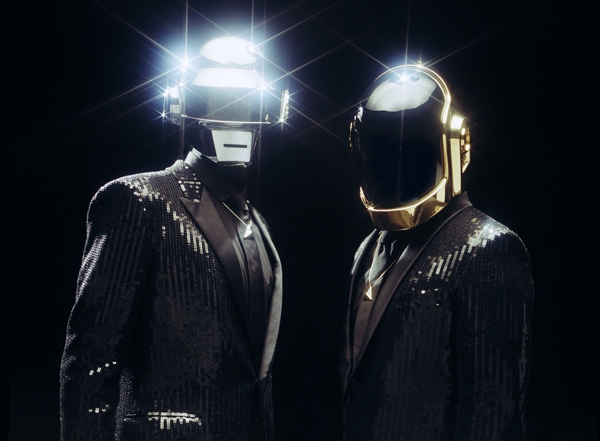
The albums opening track, “Give Life Back to Music,” is intended to do exactly that. The signature robotic croon so effortlessly attributed to Daft Punk slices through the groove in a way that, poignantly, feels totally organic. A travel-back-in-time monologue by disco-dance icon Giorgio Moroder offers a clever tempo change that accompanies unmatched funk on “Giorgio by Moroder.” And radio-ready hits like “Get Lucky,” and “Fragments of Time,” lay the foundation for what will no-doubt become the most recognizable portion the album. But the strongest moment of the album comes in the form of “Doin’ It Right,” a rattle-and-hum exploration of lower-BPM groove with the help of chillwave perfectionist Panda Bear.
At the end of the day, Random Access Memories breaks the mold of dance music by exclaiming that the mold never really existed. It’s a profound declaration of musical evolution. But it’s nothing they haven’t said since they beginning. The robotic duo have delivered once again, and in a surprise move, it may be even more humanizing than anything done before it.
[youtube http://www.youtube.com/watch?v=5NV6Rdv1a3I&w=560&h=315]
“Get Lucky“
Daft Punk

